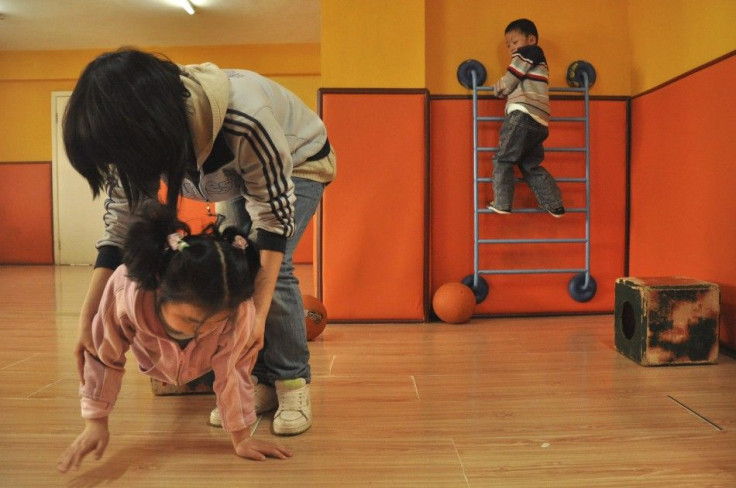Siblings of Autistic Children at Higher Risk

Parents with autistic children run a higher risk with a 1 in 5 chance of having a second child with autism, new research has shown.
Researchers of the University of California Davis Mind Institute have carried out the largest study to date on the risks of autism among siblings, finding an estimated risk of between 3% and 10%.
The results, which are published in the journal Pediatrics, found that previous research was limited by small sample sizes and biases related to ascertainment, reporting, and stoppage factors. This study used prospective methods to obtain an updated estimate of sibling recurrence risk for Autism.
In this study the researchers tracked 664 infants aged 8 months who had older siblings with autism. They were monitored until they were 36 months and they found that 19 per cent of these children were diagnosed with the disorder, which equates to a much higher 1 out of 5 ratio compared to a previous 1 in 10.
Kim Stagliano, managing editor of "Age of Autism, "and mother of three autistic children was told by a pediatrician in Philadelphia that she had never heard of a family who had more than one autistic child. Stagliano found out it was possible when she had two more.
After her second child Stagliano sought advice from a geneticist. " The geneticist at a top Children's Hospital said the chance of a third child with autism was perhaps 25%, which sounds a lot like this current study, some 11 years after I had asked for a probability number. He told us it was at best a guess."
Stagliano had set aside plans to have a third child for a while but when she did eventually have another girl with autism she realized how high the probability was. The study found that for families with two or more autistic children, the risk is even higher. About a third of children with two or more autistic older siblings also will develop the condition.
The findings prompted child development researchers to urge greater awareness for families who have a child with autism and may be considering more children.
© Copyright IBTimes 2025. All rights reserved.





















